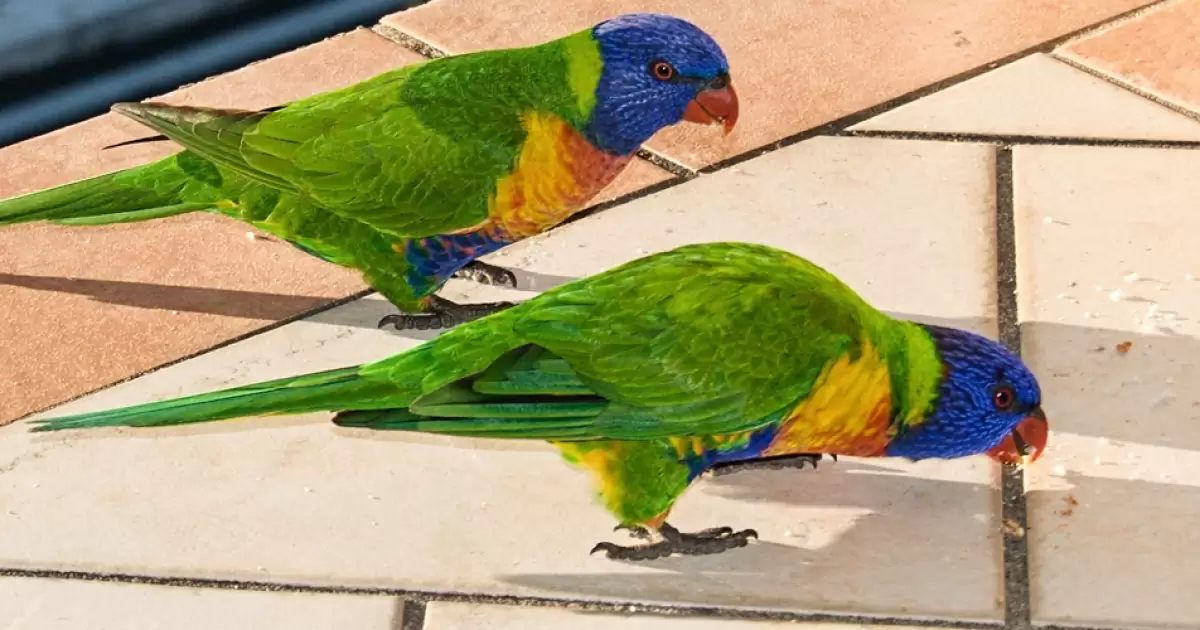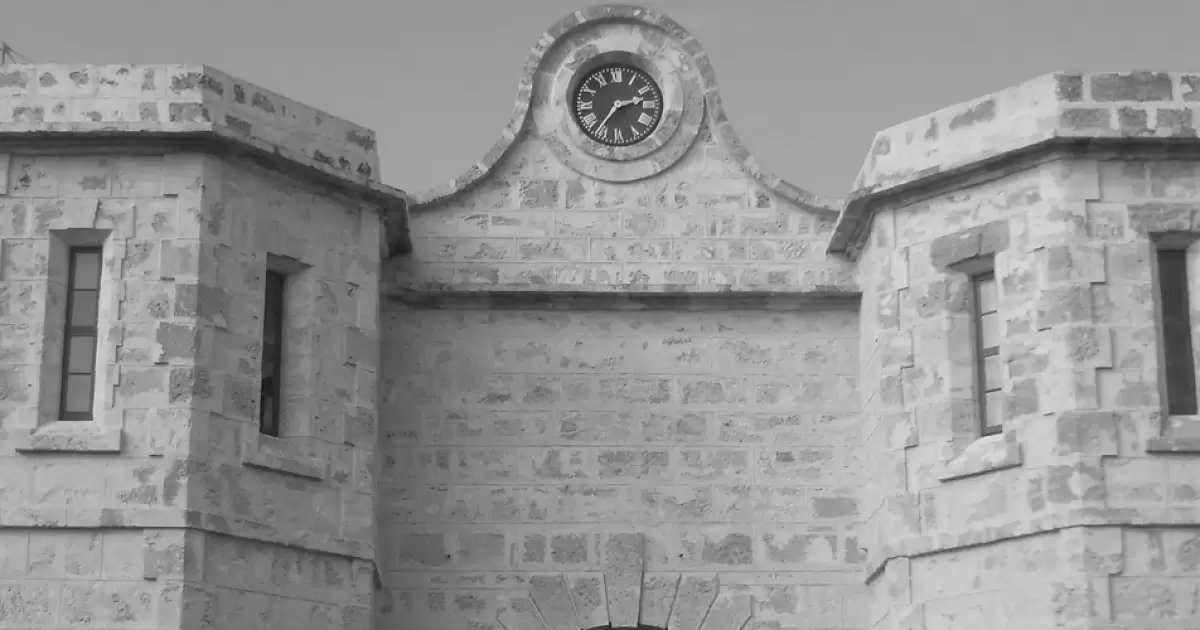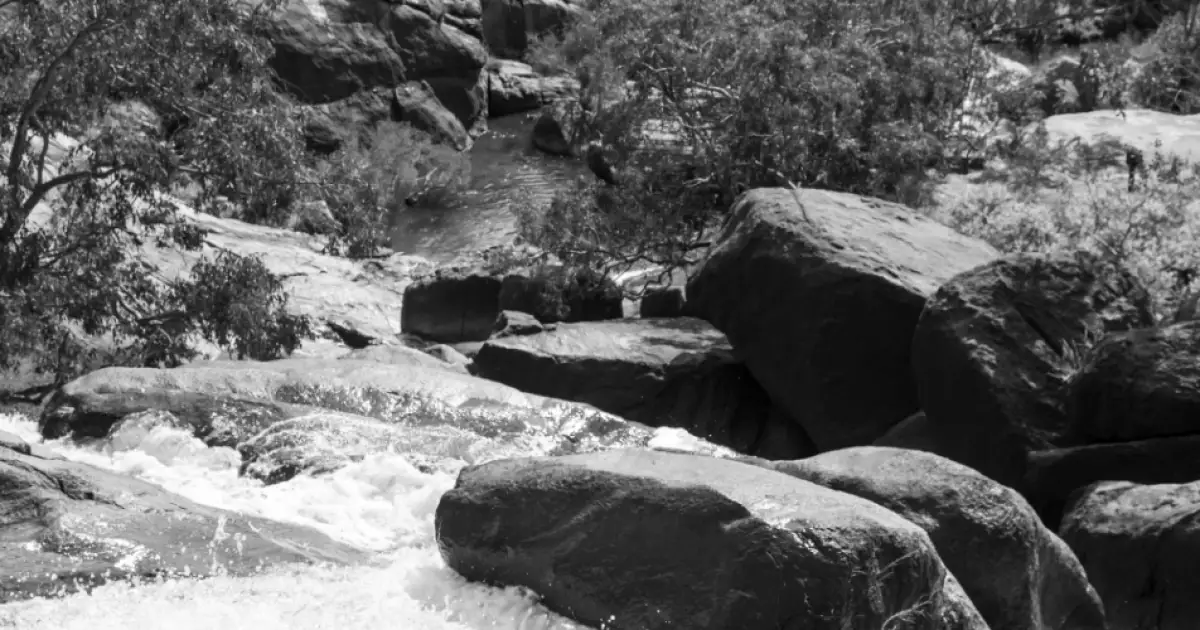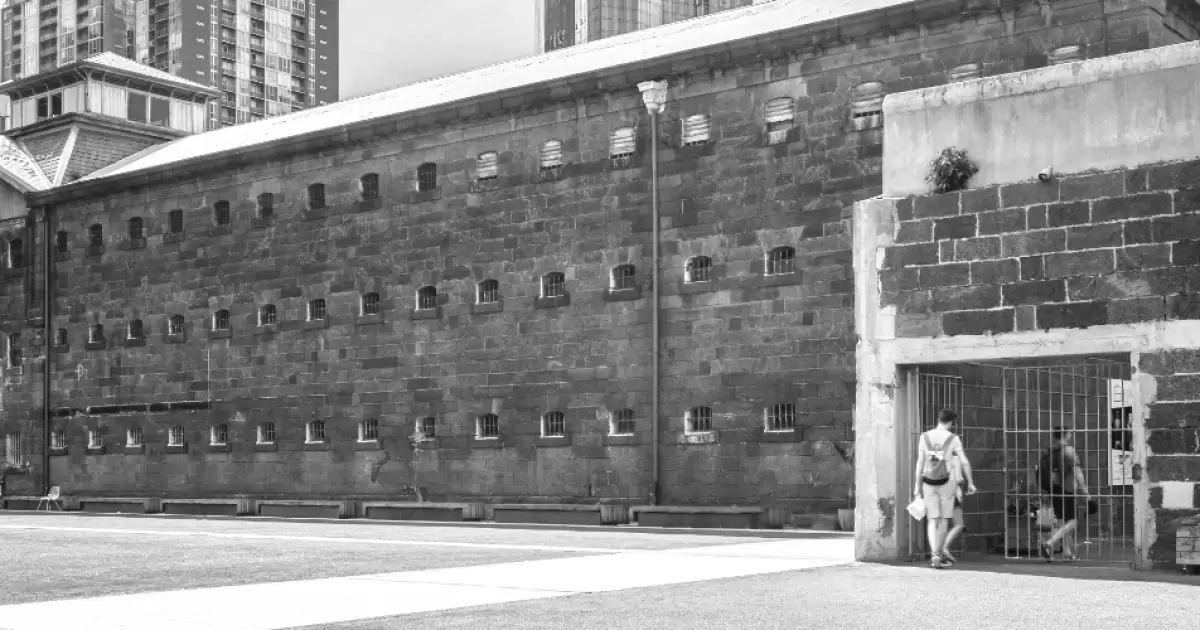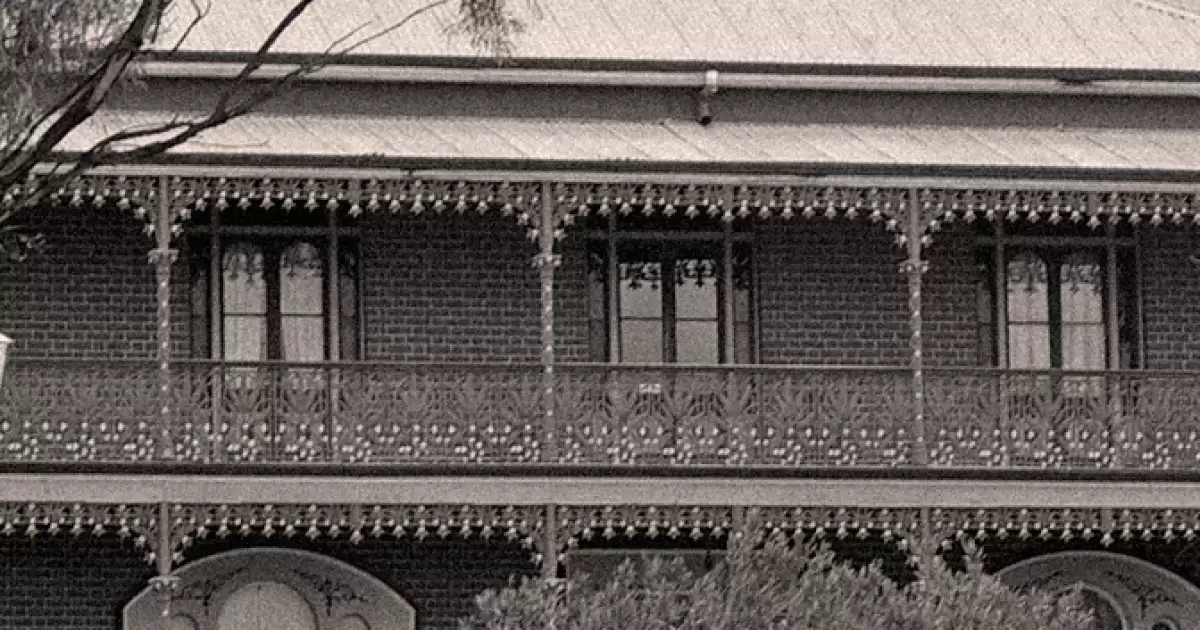Quokkas, often celebrated as the happiest animals on Earth, have captivated people worldwide with their charming smiles and friendly demeanour. These small marsupials are native to Australia and hold a special place in the country's diverse wildlife.
The Fascination with Quokkas
Visitors and locals alike are drawn to quokkas for their approachable nature and photogenic qualities. Social media has played a significant role in their popularity, with countless tourists sharing their delightful selfies alongside these curious creatures.
Biological Traits of Quokkas
Quokkas are small marsupials, part of the macropod family, which includes kangaroos and wallabies. They have round faces, short ears, and thick, shaggy fur. Adult quokkas typically weigh between 2.5 to 5 kilograms and measure about 40 to 90 centimetres in length, including their tail.
Distribution of Quokkas
Quokkas are primarily found on Rottnest Island, off the coast of Western Australia, with smaller populations on nearby Bald Island and in certain forested areas in mainland Australia. Rottnest Island serves as a sanctuary, providing a safe haven from predators that threaten their existence on the mainland.
Rottnest Island: Named After Quokkas
The name "Rottnest" is derived from the Dutch phrase "Rattennest," meaning "rats' nest." Early European explorers mistook the quokkas for large rats, leading to this unique naming. Today, Rottnest Island is renowned for its thriving quokka population and stunning natural beauty.
Early Settlers' Perceptions of Quokkas
When European settlers first encountered quokkas, they were perplexed by these unusual creatures. Mistaking them for oversized rodents, they were initially wary. However, as understanding grew, quokkas became appreciated for their ecological significance in Australia.
Why You Shouldn't Feed Quokkas
Feeding quokkas human food can be detrimental to their health. Their digestive systems are not equipped to handle processed foods, which can lead to illness and nutritional deficiencies. Visitors are encouraged to admire quokkas from a distance and respect their natural diet.
Native Diet of Quokkas
In their natural habitat, quokkas primarily feed on a variety of native grasses, leaves, and vegetation. Their diet is high in fibre, which suits their unique digestive systems and helps maintain their health and well-being.



